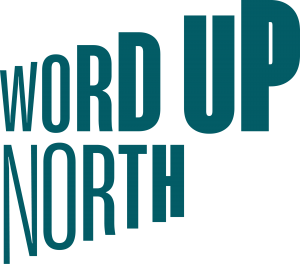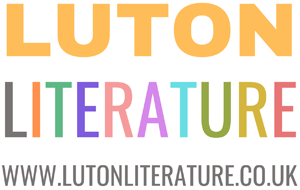Sumana Khan writes about her admiration for Huma Qureshi’s memoir.
I’m in awe of those who write memoirs – it takes such generosity and courage to write about one’s life. And so, Huma Qureshi’s (my fellow “shortlistee” in the 2020 SI Leeds Literary Prize) memoir How we met was much anticipated, and I think almost all of us read it in one uninterrupted streak.
As an Indian, I found so much cultural resonance in Huma’s narration. As I lived her life vicariously for those couple of hours on a cold Saturday, I realised that her story is also the story of millions of other women irrespective of religion – because it is upon women that the family, the community, and the country hoist this burden of cultural honour. And it is under the weight of this baggage that women navigate through life and relationships, at times spreading their wings but most times just elbowing their way to make the space they’re allowed to inhabit a tiny bit more broader. It is with this frame one must read How we met to fully comprehend this narration, the restlessness that throbs underneath those quiet words. “I had only wanted something for myself” echoes in my mind – how little this want is, this desire to just be, to become, and how afraid the wider world is of this freedom in a woman.
Often “crossover” films – western productions depicting Indian & Pakistani families – represent our relationships almost as a caricature – angry fathers, submissive mothers, aggressive brothers. Books like How we met are therefore so important because they diminish this “otherness” – that when it comes to family relationships, we too have the same universal challenges of love and control and conflicts. That love flows through a family not as a saccharine syrup but something messier, a viscous sticky molasses, sometimes delicious, sometimes unpalatable.
And this is the best part of Huma’s writing – she does it with so much grace, without any trace of bitterness. Even through all her travails, we see how close-knit this family is; through her battles we get a glimpse of their struggle as well – everyone is grappling with this new, unfolding situation, it is as much scary to them as it is to Huma.
Huma asserts that “I already told you my story isn’t unique” – but it is, Huma. Every time a woman (especially a woc) makes a choice to create her own space, it is a story worth being told. Thank you for allowing us into your life.
https://uk.bookshop.org/books/how-we-met-a-memoir-of-love-and-other-misadventures/9781783965410























